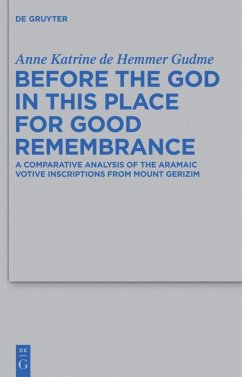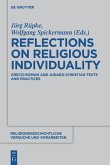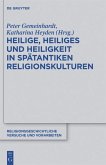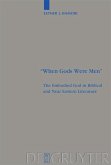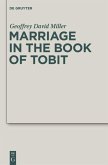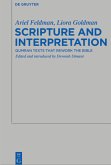This monograph is an investigation of Yahwistic votive practice during the Hellenistic period. The dedicatory inscriptions from the Yahweh temple on Mount Gerizim are analyzed in light of votive practice in Biblical literature and in general on the basis of a thorough terminological and theoretical discussion.
A special focus is laid on remembrance formulae, which request the deity to remember the worshipper in return for a gift. These formulae cannot only be found at Gerizim, but also in other Semitic dedicatory inscriptions. Therefore these texts are interpreted in their broader cultural context, placed within a broad religious practice of dedicating gifts to the gods and leaving inscriptions in sanctuaries. Finally, the aspect of divine remembrance in the Hebrew Bible is explored and related to the materiality of the votive inscription.
The research concludes that there is a perception of the divine behind this practice on Mount Gerizim that ties together the aspectsof gift, remembrance and material presence. This 'theology' is echoed both in similar Semitic dedicatory inscriptions and in the Hebrew Bible.
A special focus is laid on remembrance formulae, which request the deity to remember the worshipper in return for a gift. These formulae cannot only be found at Gerizim, but also in other Semitic dedicatory inscriptions. Therefore these texts are interpreted in their broader cultural context, placed within a broad religious practice of dedicating gifts to the gods and leaving inscriptions in sanctuaries. Finally, the aspect of divine remembrance in the Hebrew Bible is explored and related to the materiality of the votive inscription.
The research concludes that there is a perception of the divine behind this practice on Mount Gerizim that ties together the aspectsof gift, remembrance and material presence. This 'theology' is echoed both in similar Semitic dedicatory inscriptions and in the Hebrew Bible.

